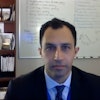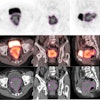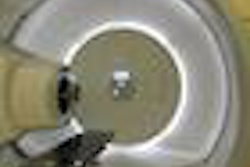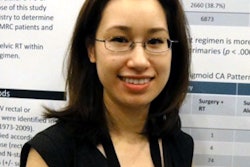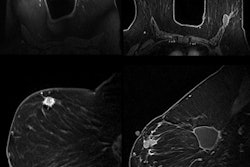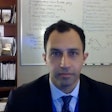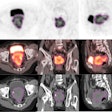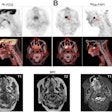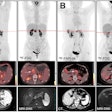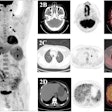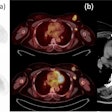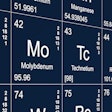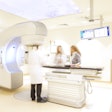Radiation oncologists who encounter an unfamiliar case when covering for another physician experience higher levels of perceived workload that may affect their performance, according to research presented at the 2013 American Society for Radiation Oncology (ASTRO) conference in Atlanta.
Researchers from the University of North Carolina found a significant decrease in performance and confidence when physicians were asked to plan the treatment of an unfamiliar patient.
Lead researcher Prithima Mosaly, PhD, and colleagues included eight radiation oncologists in the study: three were experienced physicians and five were residents. The clinicians attended two sessions where they were tasked with planning the procedure of a patient based on information from an electronic medical record. Mosaly's group then measured the subjective and quantitative experiences of the participating physicians during each session.
The first session was designed to simulate a cross-coverage scenario, and the physicians were presented with the records of an unfamiliar patient undergoing a routine radiological procedure. The second session represented a regular-coverage scenario where the radiation oncology physicians were presented with the same case after 48 hours. After each session, the physicians evaluated their experience using a workload index developed by NASA.
The radiation oncology physicians presented with unfamiliar cases in the first session reported a relatively high perceived workload and a reduced level of performance. They took more time to complete tasks and were more reluctant to approve a treatment plan when compared to the second session, where they were more familiar with the case. The experience level of the radiation oncology physicians did not influence the results, according to the researchers.
The study builds on insights from industries such as aviation, nuclear power plants, and transportation that have relied on a similar variety of workload assessments to develop safety standards for decades. It was supported by the University of North Carolina Health Care System and a research grant from radiation oncology firm Elekta.


